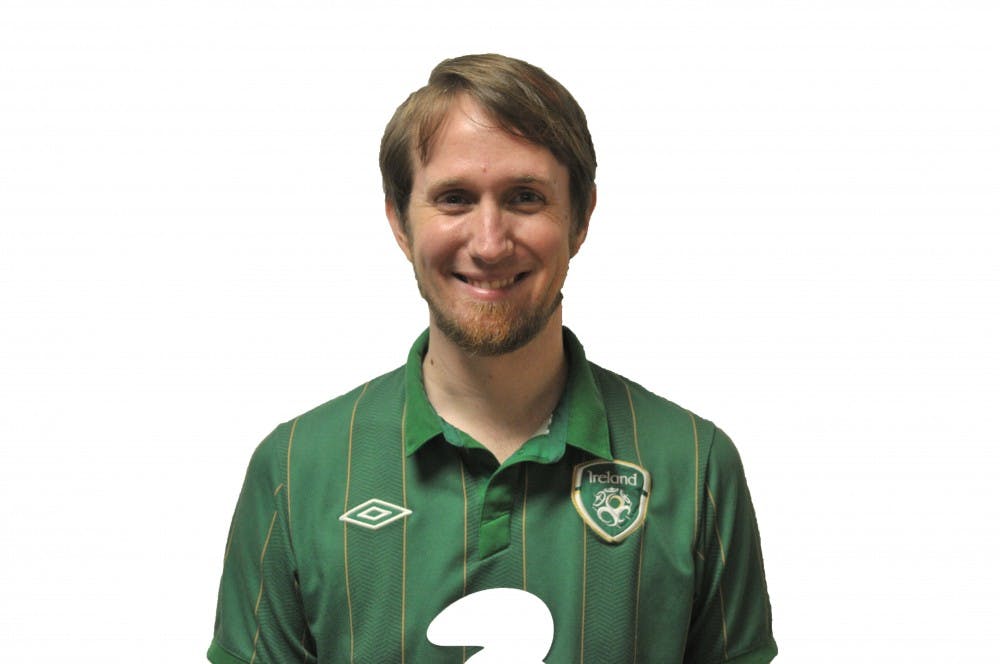I wa s in a class recently when the professor said a particular phrase I’m certain most students have heard by now: “ ... is something you’re too young to know about.”
I’m not sure what it was about this particular uttering of that phrase, or if it was simply the result of a gradual buildup over hearing it, but I finally had enough.
There has been a multitude of discussions about the changing face of university students. There is now a greater percentage of women than men attending college. In California, the UC system now has more Latinos enrolled than Caucasians. Even the LGBT community is receiving more recognition in academia. However the one group that seems to be consistently left out is the nontraditional student.
I am a nontraditional student. After graduating from high school I joined the U.S. Navy. I served five years, over the course of which I had a plethora of life-altering experiences. I took part in military exercises on every continent, with the exception of Antarctica, and when I wasn’t actively participating in maneuvers, I was exploring the countries I was in, learning their cultures and languages.
After leaving the military, I started a career as a chef — a career I pursued for 13 years, until I decided that I wanted more. During that time I lived on my own, in three different states, balancing career direction, a limited income and various interests.
Now that I’m a university student, there are new challenges to face, and I seek them out willingly. However, I also face similar experiences to every other student. I came in knowing what major I wanted to pursue and, after a couple years and exposure to many new ideas, changed my major. I take a full load of classes and balance homework as best I can, which generally means completing assignments an hour before they are due.
I am not a doe-eyed freshman who just graduated from high school in the town I spent my whole life in. In fact, there are many students who don’t fit this description at all. Yet there are professors who still give lectures as though their class composition consists of this very stereotype.
Nontraditional students are a growing presence in higher education. According to the National Center for Education Statistics, between 2000 and 2011 the enrollment of students over the age of 25 rose 41 percent. This year, of the 17.6 million undergraduates in the United States, 38 percent are over the age of 25 and 25 percent are over the age of 30. And we’re not going anywhere. The NCES also reports that between 2013 and 2020 college enrollment is projected to increase 16 percent for 25- to 34-year olds and 17 percent for students 35 years and older.
We bring with us all our experiences — the things we’ve previously learned, our successes and our failures. Some of us are older than the professors we are learning from, but we don’t make it a point to call them out on it. Yet we are still subjected to a phrase that, while overtly innocent, makes a mockery of those personal accounts.
I believe it demeans all parties involved when phrases such as “you’re too young” or “you wouldn’t know about that” are used. It shows that the p rofessors are out of touch with the changing dynamic of their students. It devalues the experiences of the nontraditional student who may, in fact, know more about a situation than the professor. It is also a fairly offhanded way to brush aside the experiences of the traditional student.
I think we can all agree that this phrase, and others like it, no longer has a place in academia. If we are truly going to embrace a “culture of diversity” we need to embrace age, as well as gender, race and soci al status.
Shawn Kelley is a LPS sophomore studying history and Japanese. His email address is skelley@sas.upenn.edu. “A Vet-ted Mind” appears every other Thursday.



